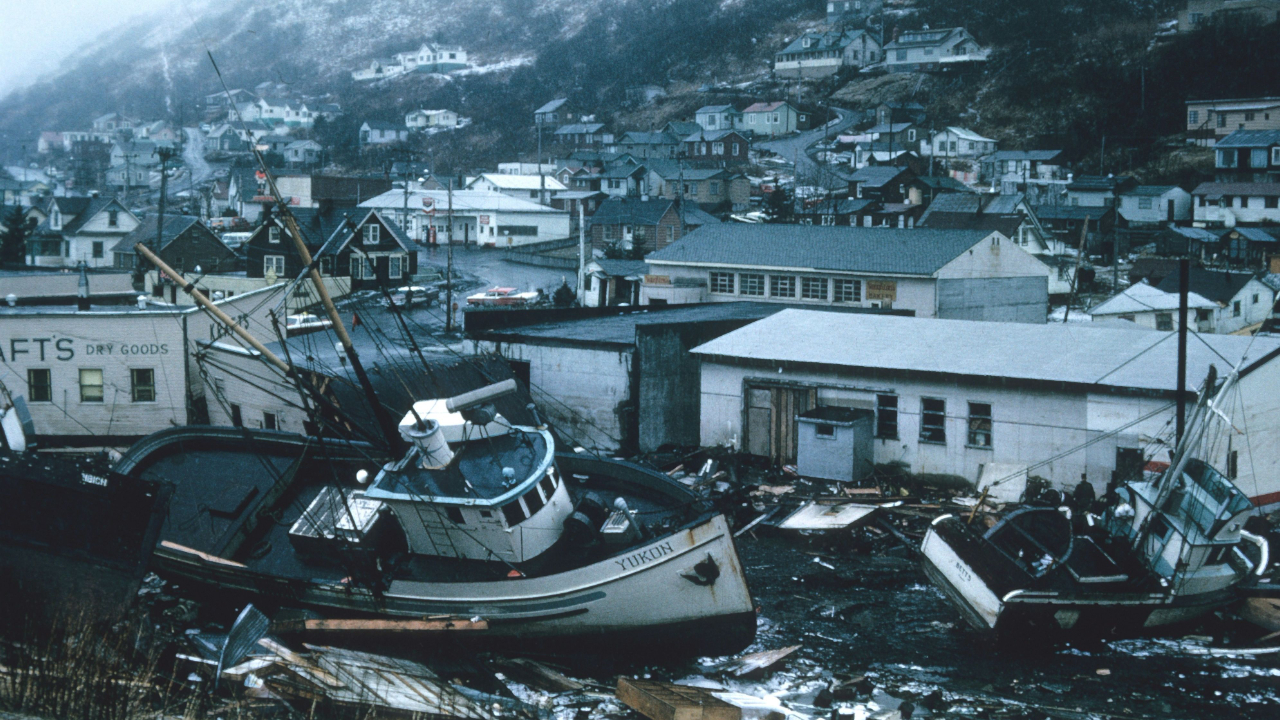Mental Health in a Global Season: Staying Grounded Amid the Noise

As we move from spring into early summer, the baseball season is in full swing—much like the continual cycle of global events that keeps pitching challenges our way. Whether you're feeling like you're in a slump or facing a high-pressure bases-loaded situation with world news, remember that taking care of your mental health remains as important as ever.
It has been a challenging year for many people around the world. As a mental health professional, I increasingly recognize how global events create ripple effects in our clients' emotional well-being, even when those events don't directly impact their daily lives.
Some of these events hit closer to home than others.
Just this April, many of us in Nashville experienced those severe storms and tornado warnings that swept through the South. I found myself crammed into our bathroom with my 6'4" son wearing his baseball helmet, our dog Chewy wedged between us, all of us huddled together as sirens wailed outside. My son looked around and said, "This bathroom is smaller than I remember," to which I replied, "You're bigger than the last time we had to do this." That moment—equal parts terrifying and comically cramped—reminded me how quickly our sense of safety can be disrupted, and how resilience often means adapting to spaces that no longer quite fit our grown lives and challenges.
Research from the World Mental Health Survey Initiative shows that continuous exposure to global crises through media can create what researchers call "ambient anxiety"—a persistent sense of threat that operates below conscious awareness yet significantly impacts nervous system regulation. Think of it as constantly being in the on-deck circle, never knowing when you'll be called to bat, but always needing to stay alert.
The global perspective:
Studies from Japan's disaster mental health teams have pioneered approaches to understanding how collective trauma shapes individual experience, even from a distance. Their work suggests that acknowledging the reality of global impacts—rather than dismissing them as "not your problem"—actually helps create psychological containment. It's like having a good coach who acknowledges the pressure of the game rather than pretending it doesn't exist.
Three practices that help:
- Bounded media engagement: Set specific times for news consumption rather than constant checking, allowing your nervous system recovery periods. Think of this as strategic innings management—you wouldn't keep your starting pitcher in for the entire game.
- Proximate action: Finding one small, concrete way to contribute to a solution can transform helplessness into agency. This is your chance to step up to the plate, even with a simple bunt that advances the runner.
- Communal processing: Creating intentional spaces to share concerns about global events prevents isolation and normalizes emotional responses. Just as a team huddles between innings, we need moments to connect and regroup.
Remember: Your response to world events isn't "overreacting"—it's your human capacity for connection and care extending beyond your immediate circle.
In baseball terms, you're showing good field awareness, recognizing that what happens across the diamond affects the whole game.
As we continue through this season of life together, let's keep practicing the mental health skills I've shared throughout these newsletters—from embracing new beginnings to knowing when to step off the mound and reset.
*Photo by NOAA
SNAG YOUR COPY
of the Connect 5 Tool
Your trauma-informed assessment in a handy PDF.
We hate SPAM. We will never sell your information, for any reason.

